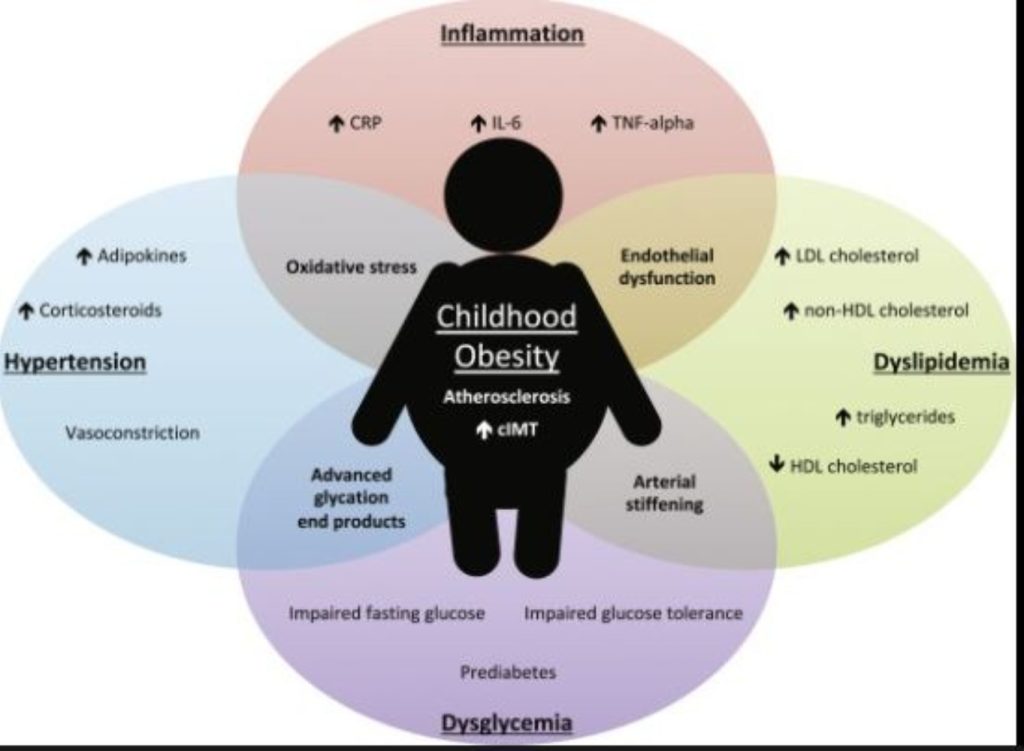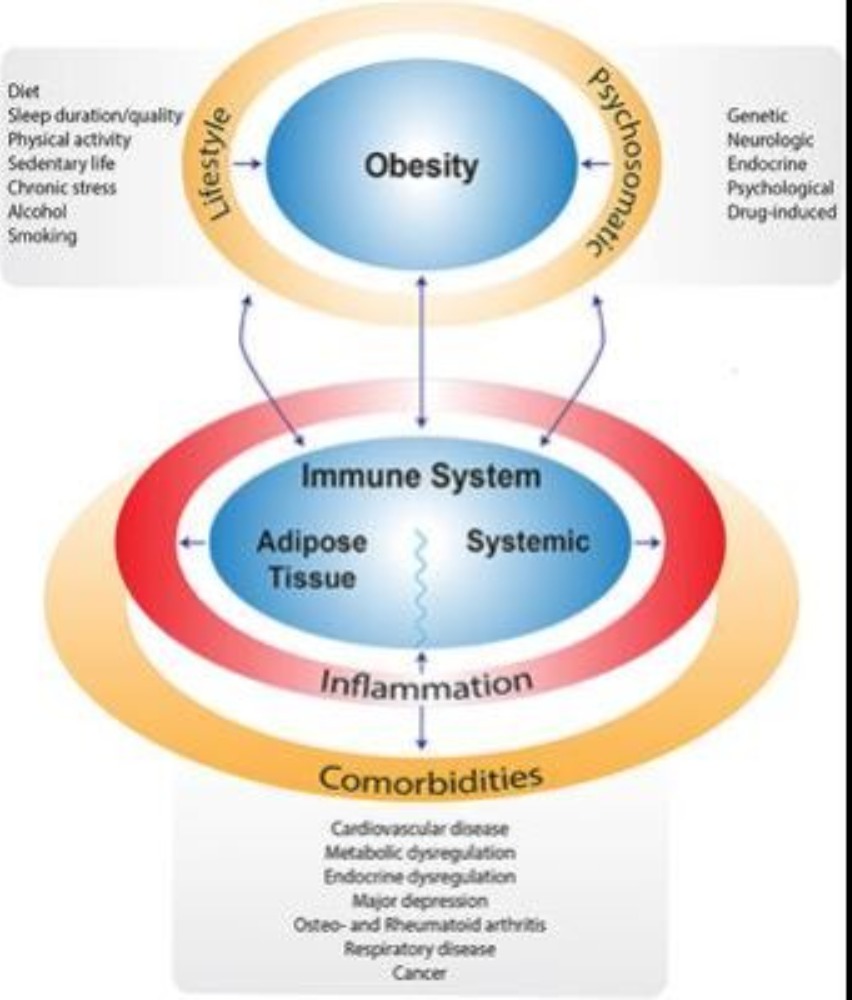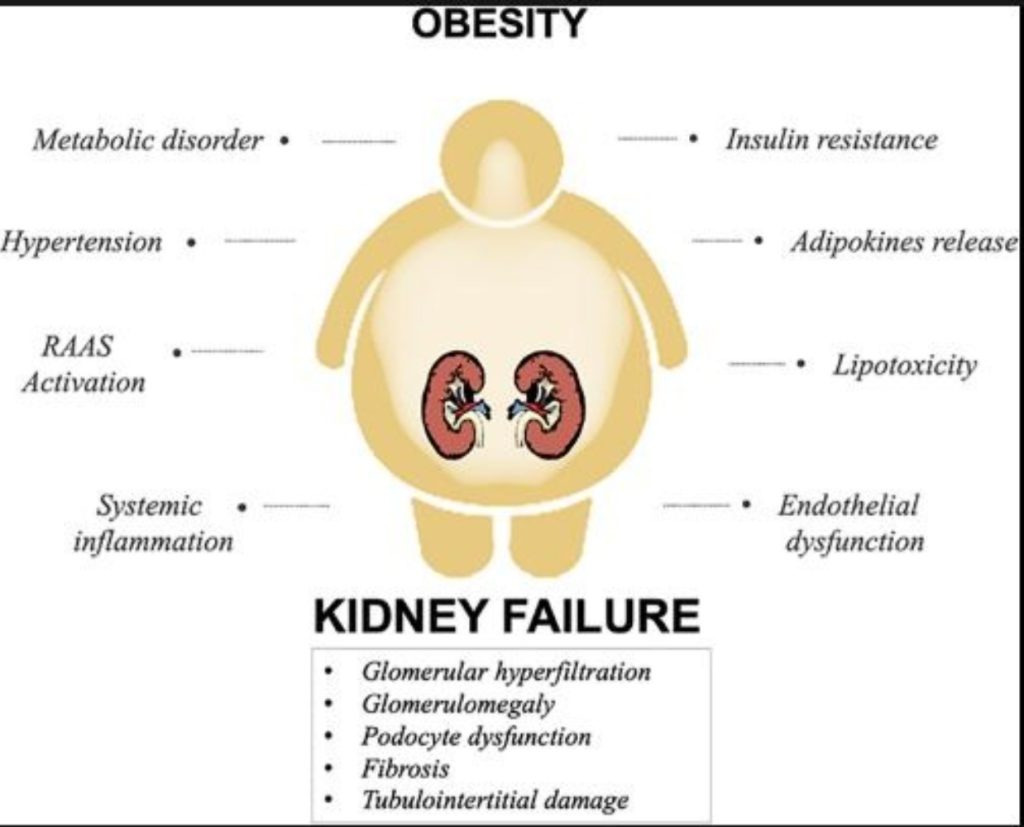Addressing obesity requires a multifaceted approach encompassing dietary interventions, physical activity promotion, and policy-level changes.

Obesity, a known precursor for many conditions like diabetes, hypertension, mental health and cancers, must be efficiently controlled to curb these non-communicable diseases, said experts here on Sunday, a day ahead of World Obesity Day. To subscribe please click tau.id/2iy6f and access our live channel.
Often viewed solely through the lens of aesthetics, Obesity is emerging as a critical determinant of health outcomes, especially among children and adults. Experts in the field emphasize that addressing obesity is paramount in mitigating the risk of chronic diseases, heralding a paradigm shift in public health initiatives.
ALSO READ: Entrepreneurial Dream for Young Women
According to the World Health Organization (WHO), obesity rates have nearly tripled since 1975, with over 1.9 billion adults categorized as overweight, and of these, over 650 million classified as obese. Alarming as these figures are, the situation among children is equally concerning, with approximately 39 million under the age of five categorized as overweight or obese.

While 43 per cent of adults were overweight in 2022, the numbers more than doubled worldwide in the last three decades. Among children and adolescents (5 to 19 years of age), the condition has increased four times. The numbers are even more staggering in India, where non-communicable diseases are already sky-high.
In India, a whopping 12.5 million children (7.3 million boys and 5.2 million girls), aged between five and 19, were grossly overweight in 2022. Among adults, the numbers rose from 2.4 million women and 1.1 million men in 1990 to 44 million women and 26 million men aged above 20 in 2022, the global report showed.
Dr. Vivek Bindal, Director & Head – Max Institute of Minimal Access, Bariatric & Robotic Surgery, Max Hospital, Vaishali said, “Childhood obesity, particularly in those under 10 years old, poses significant implications for both immediate health and long-term well-being. The rise in obesity among children is linked to various factors, including sedentary lifestyles, unhealthy eating habits, and limited access to nutritious foods. The consequences extend beyond physical health, impacting psychological and social aspects as well.”

Dr. Gaurav Bansal, Senior Consultant – General Laparoscopic Laser and Bariatric Surgery, Marengo Asia Hospital, Gurugram said, “Obesity has detrimental effects on health, raising the risk of chronic conditions like diabetes and cardiovascular disease. Its emergence is attributed to various factors, including environment, lifestyle, and culture.”
Besides developing conditions like type 2 diabetes, cardiovascular issues, and joint problems, obese kids may also face challenges such as low self-esteem, depression, and anxiety due to societal pressures and potential bullying. Socially, obesity can contribute to social isolation and hinder the development of healthy peer relationships.
To curb obesity in kids, it is important to emphasize family dinners, restrict sugar-filled drinks and fast food, and manage portion sizes. Limiting screen time and promoting an hour of daily activity are vital when it comes to physical activity.




